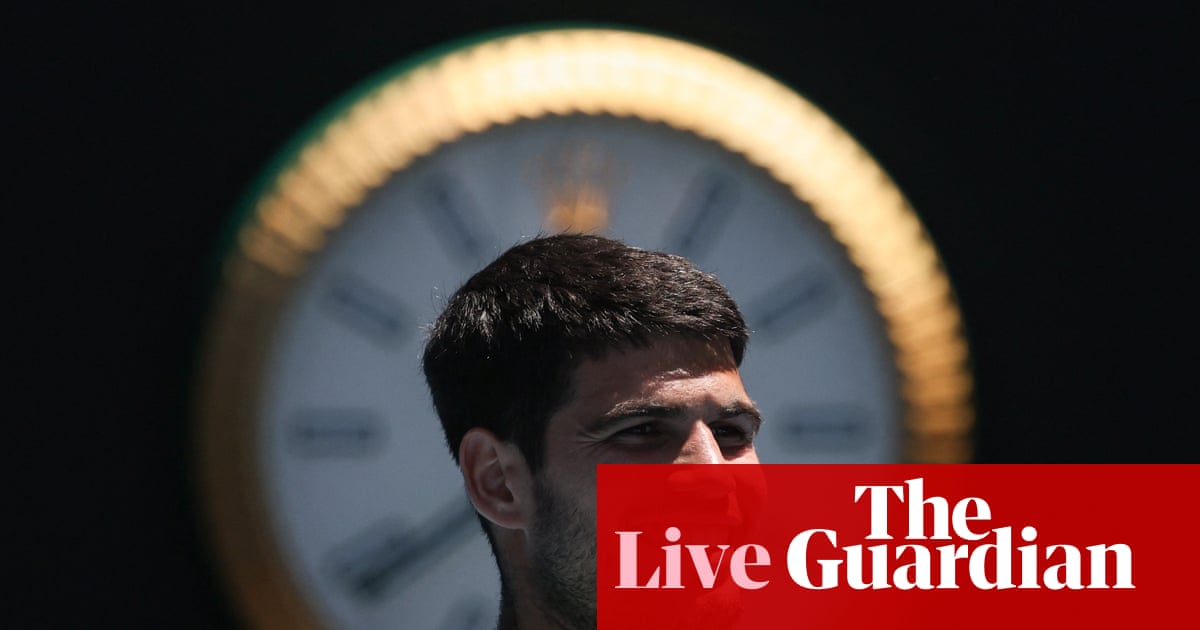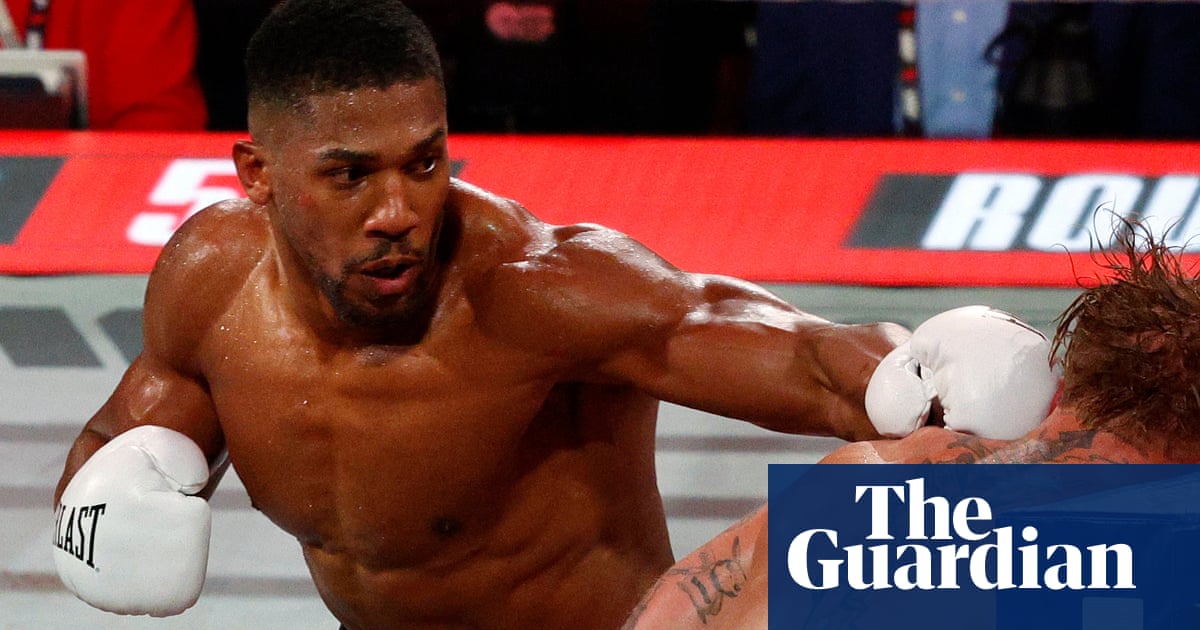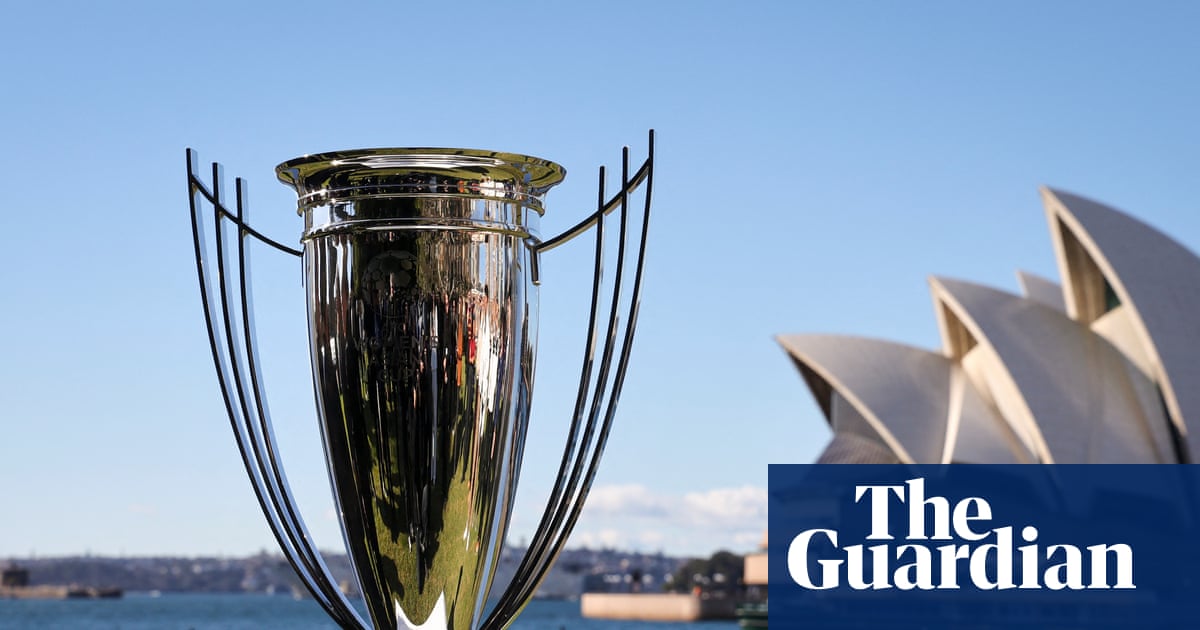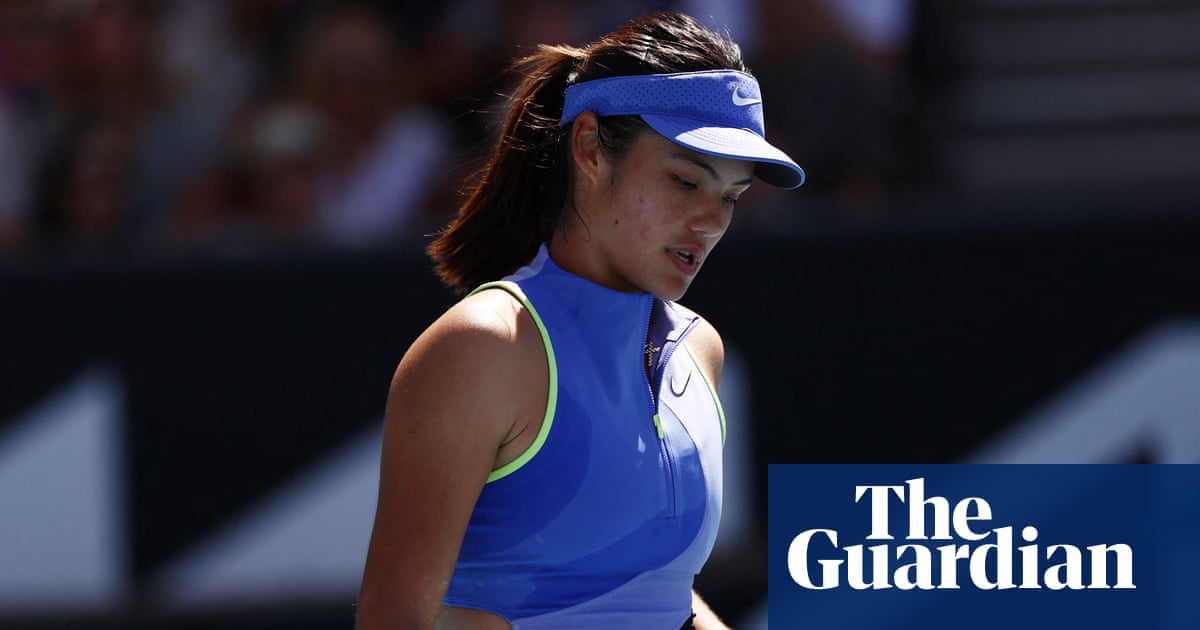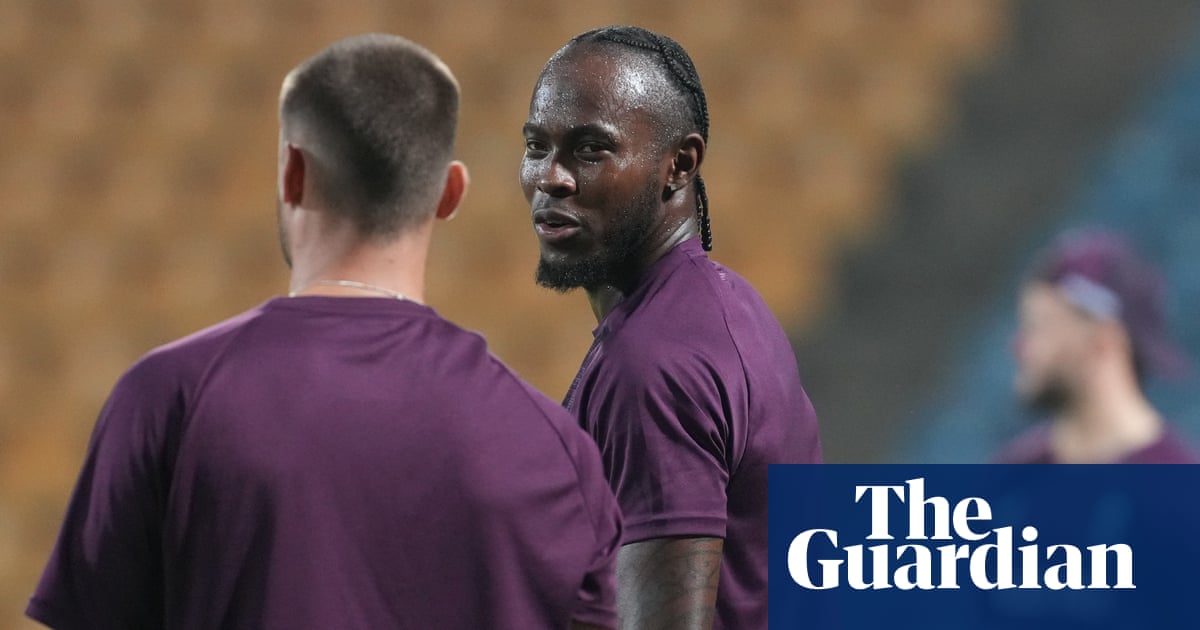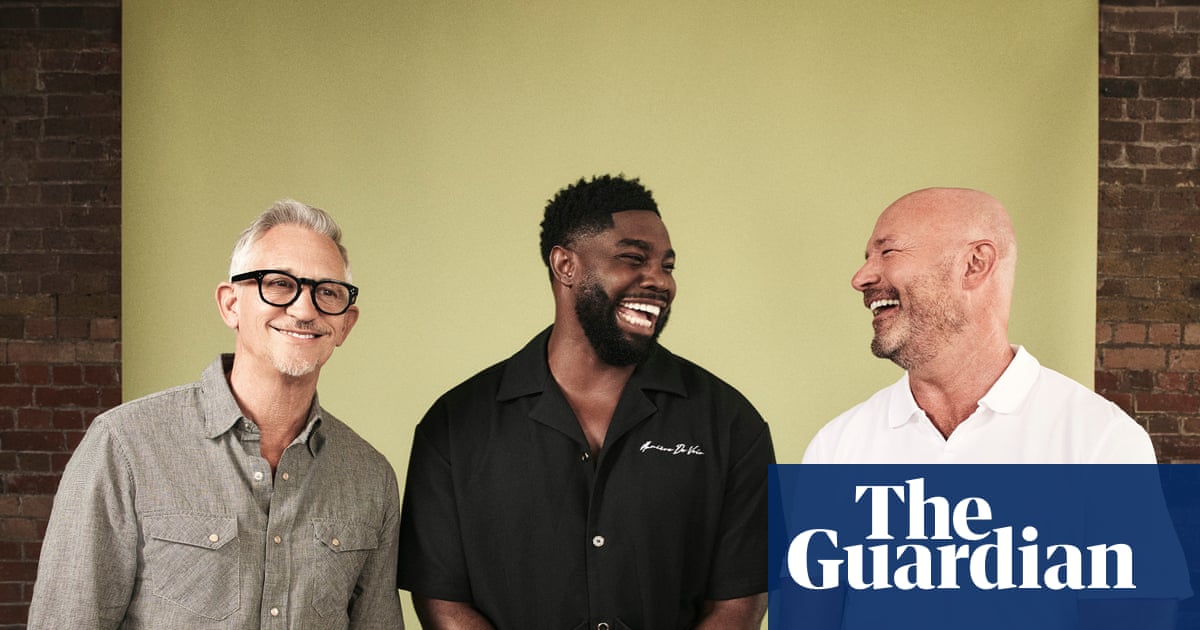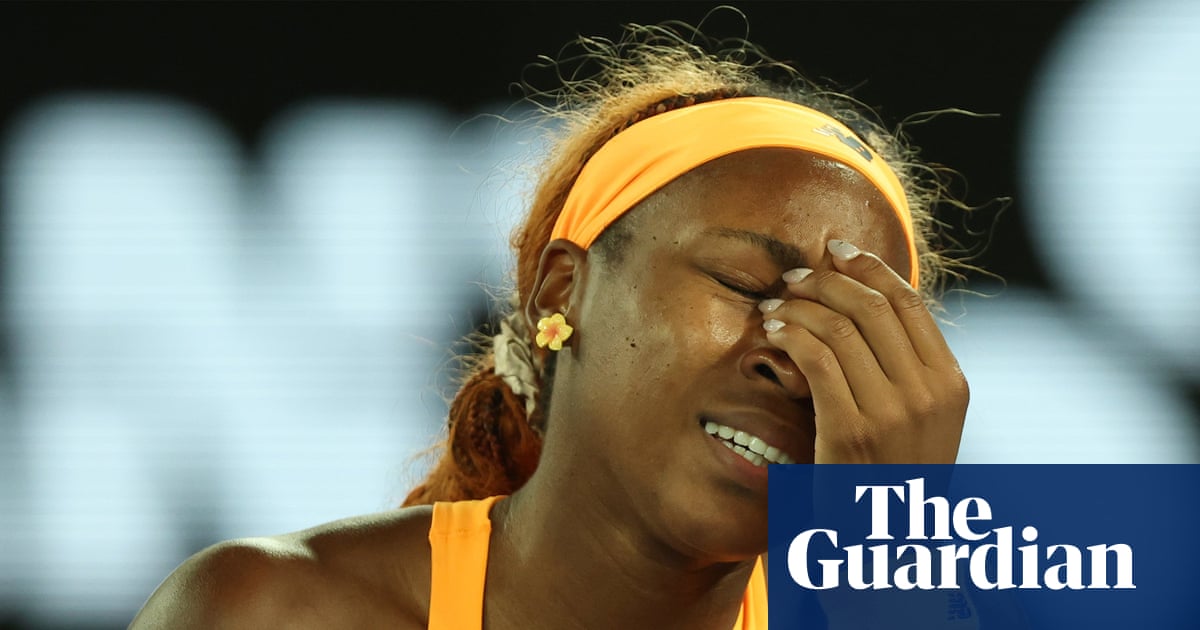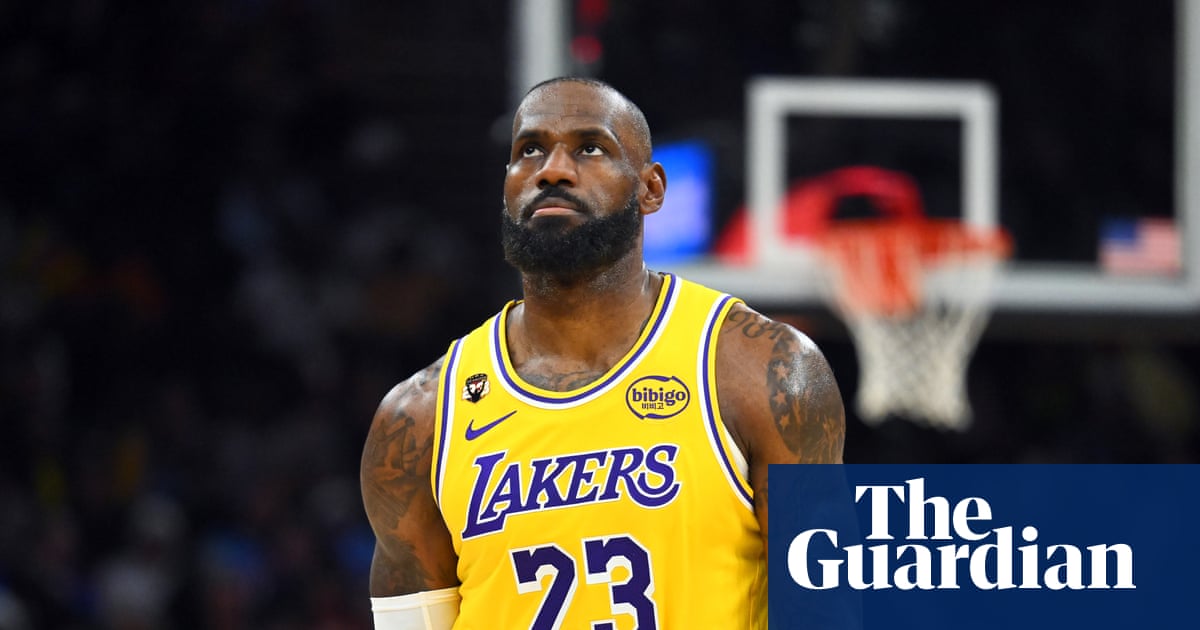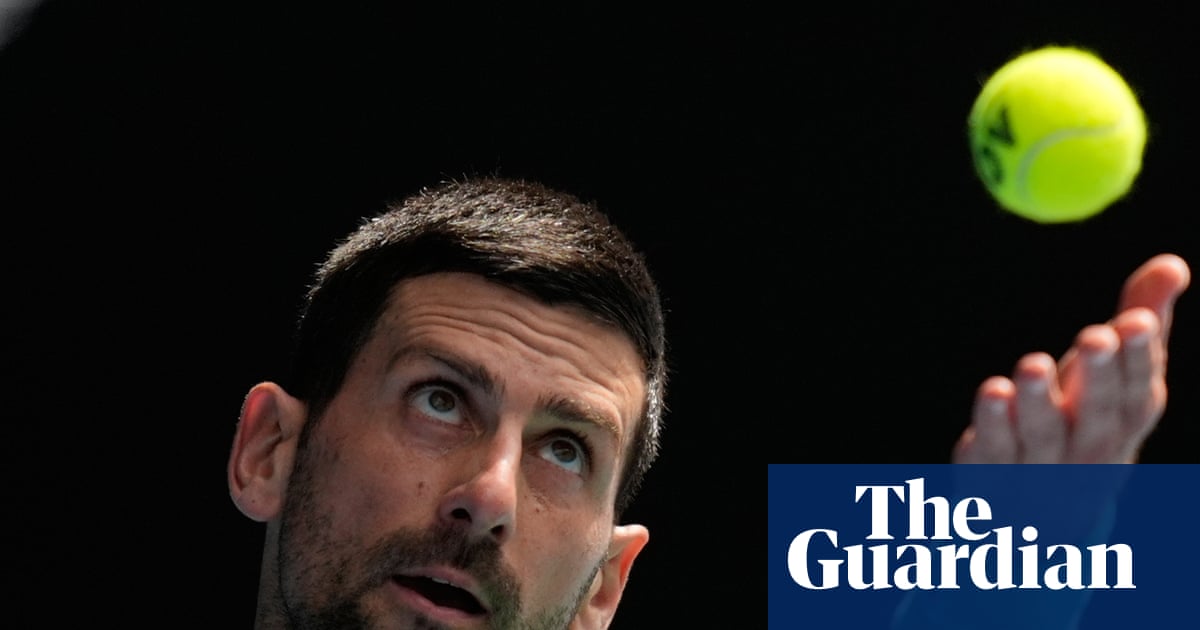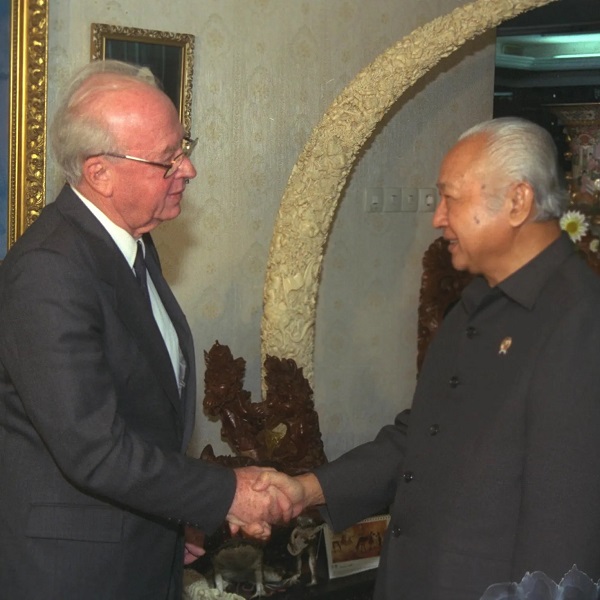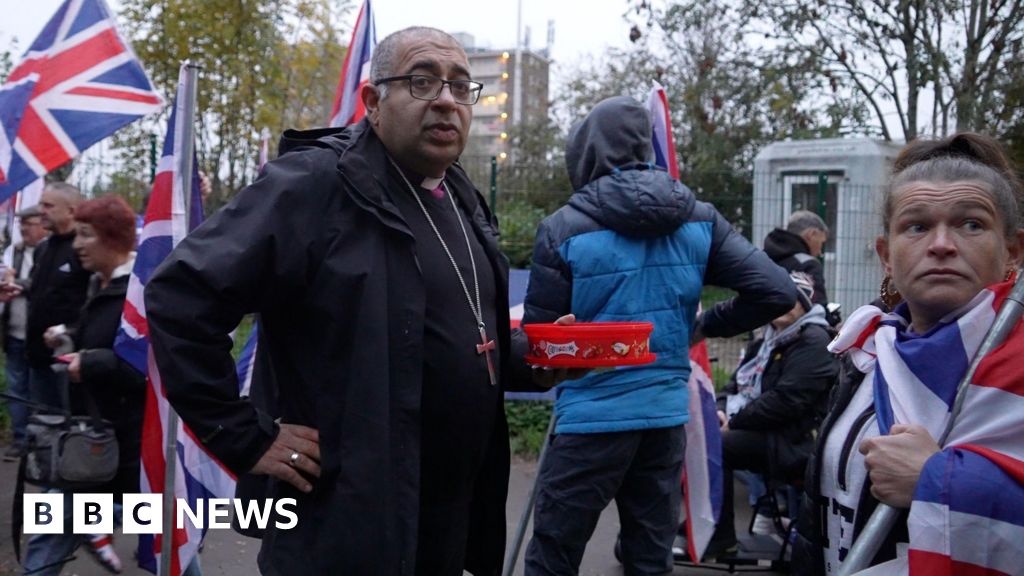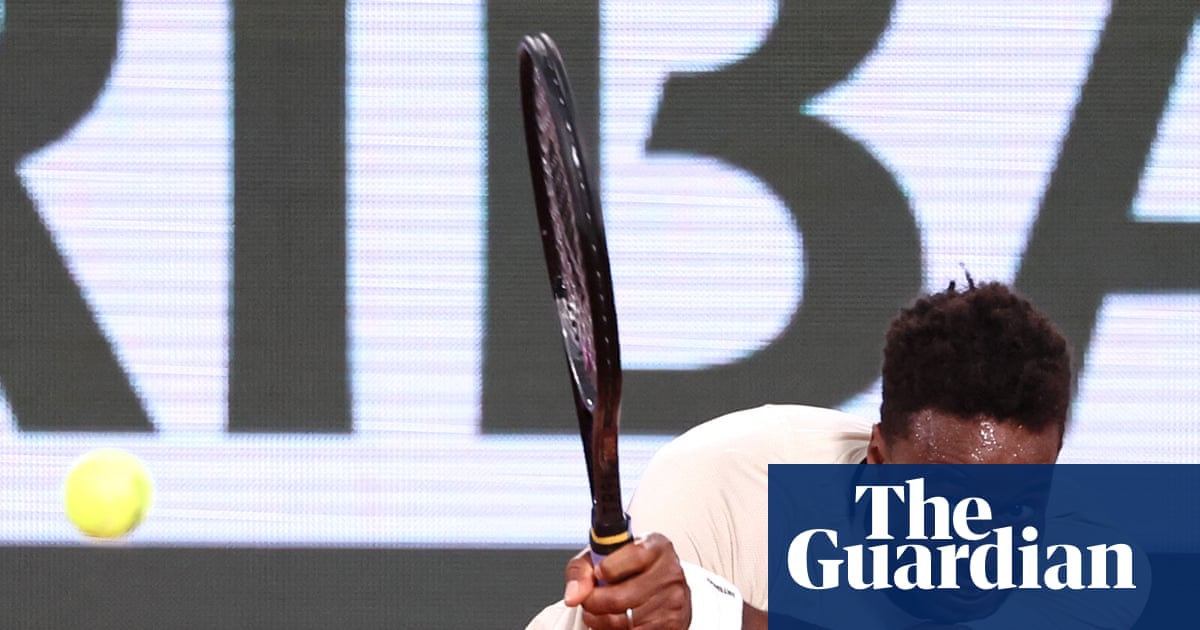“I nearly got away with that didn’t I?” David Gower says with a knowing grin after I ask him for a second time whom he would choose to bat at No 3 for England in the first Ashes Test at Perth. “That’s a shame, I’ll have to give you an answer now and I’ll feel bad for the lad I don’t pick.” Forget Kramer vs Kramer or Celia Imrie trying to winkle out Alan Carr in the Traitors castle, Pope v Bethell is the only duel on the mind of English cricket right now.
As a former England captain and an Ashes winner home and away, not to mention one of England’s most stylish and successful No 3s – 2,619 of his 8,231 Test runs were scored there, as were eight of his 18 centuries – Gower is perhaps uniquely placed to comment on England’s selection quandary at first drop.
“Let me start by saying it is a good problem for Stokes and McCullum to have. I do like both of them, they are both naturally gifted and extremely talented, it’s a hair’s breadth decision.” He pauses to take a sip on his flat white, drawing out the moment.
We are sitting at a table outside a west London deli on an autumnal Friday afternoon. Now 68, Gower is candyfloss haired, twinkly eyed and self-deprecating. At a couple of points in our conversation people come up to shake his hand and offer kind words. Later, a family of American tourists from the table behind stop us to ask why “everyone is freaking out … Are you famous?” Gower bats away the question like it’s a Craig McDermott long hop in 1985 but enjoys regaling the visitors with the tale of the timeless Test. “I’m a convert!” says one of their party. “Twelve days and a draw? Cricket sounds wild.”
Gower scored five Test centuries in Australia and was a part of the 1986-87 touring party that became the last side to win the urn down under until the Andys Flower and Strauss managed it nigh on a quarter of a century later, in 2010‑11. “It’s high time we won it again then,” he says drily.
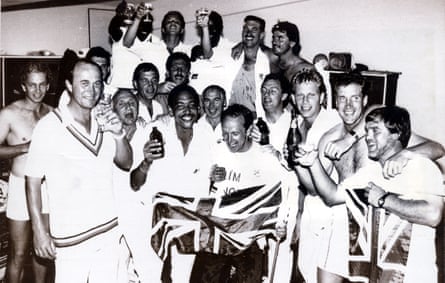
The conversation winds in many directions. He discusses his time as a young colt getting experience of Australian conditions playing for Claremont-Cottesloe Cricket Club in Perth: “You quickly realise that both on and off the field, you’ve got to learn to take care of yourself.” Or there’s the need to adapt your game to harsher conditions: “You’re not lunging forward as you might be at Fenner’s in April.” He also talks about his sadness that he hasn’t been picked up by a broadcaster to commentate on this series.
For Gower, playing in and against Australia doesn’t come with the same mental scarring that clings to some of his contemporaries and those who followed. So many Englishmen have flown to Australia full of promise only to be chewed up and spat out. What are his thoughts on how to do well out there?
“Well, it’s still a culture shock when you arrive,” he says. “They have that very strong, admirable and uncompromising Australian culture. You are assailed from the moment you land by people taking the piss out of you. ‘Why have you come? What’s the point?’ Immediately you know you’re in for a conflict.”
Gower recalls seeing some teammates “quail” in the heat of Ashes battle, fine players who had enjoyed success in England and arrived in good nick in Australia who suddenly seemed shrunken and timid when faced with the unrelenting fierceness of the opposition. Not to mention the remorseless hectoring from swollen and partisan crowds at stadiums such as the Gabba and MCG. “Oh you can hear it all,” he says of the crowd barracking. “Most of it is not particularly sophisticated but it can prove mightily effective. There were never too many volunteers to field on the boundary.
“One thing you have to draw upon on an Ashes tour is each other. There has to be that team togetherness. It is crucial no matter what the results are.”
For Gower, the news about Pat Cummins likely being absent for some of the series has potentially tipped the scales in England’s favour. “I’m quietly confident for this squad. In Ben Stokes they have an astute tactician, a fantastic leader of men and an instinctive maker of moves that work. A lot has been written and said about his team but he has a galvanised group who will absolutely give it their best shot for him. It is certainly tantalising.”
He is fresh from a yoga session with his daughter, who has a flat around the corner. “You may know I was never the greatest trainer but I find 20 minutes of that stuff useful to keep everything in working order.”
after newsletter promotion
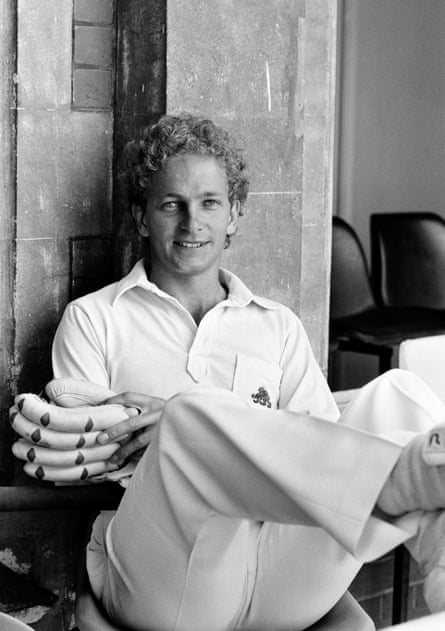
As a player Gower was blessed with an almost celestial insouciance. At his best he could play Dennis Lillee or Malcolm Marshall as if he was merely passing the time before his evening plans. Yet when he failed, as all batters do, this seeming dilettantism would be counted against him, most notably when the ursine Graham Gooch took over the England captaincy. When Gooch dropped him for the 1993 tour of India, it hastened Gower’s retirement from Test cricket.
Appearances can be deceptive. Gower has always maintained he gave everything he had to the game. He’s never forgotten how “bloody hard” Test cricket is, which is why he has empathy for Ollie Pope’s predicament, the Surrey prodigy never dominating Test cricket to the extent his supreme batting gifts suggest he could.
“Ollie has a body language thing at the crease that sometimes doesn’t play well for him. There are times when you go out to bat when you feel confident and others where you do feel nervous as a kitten. Being able to appear calm and composed at the crease even if you aren’t inside is part of the battle.”
Gower saw Jacob Bethell play in New Zealand last year and is glowing about his abilities. “He has that flair, he’s very hard to ignore.” He can sense me straining to ask him the question once again. “So Jacob would be my pick to start in Perth. There’s a degree of left‑handed solidarity in that too.”
With the cards on the table, literally and figuratively, Gower departs to get ready for his dinner plans. Timing as impeccable as ever.
.png)
 3 months ago
41
3 months ago
41
